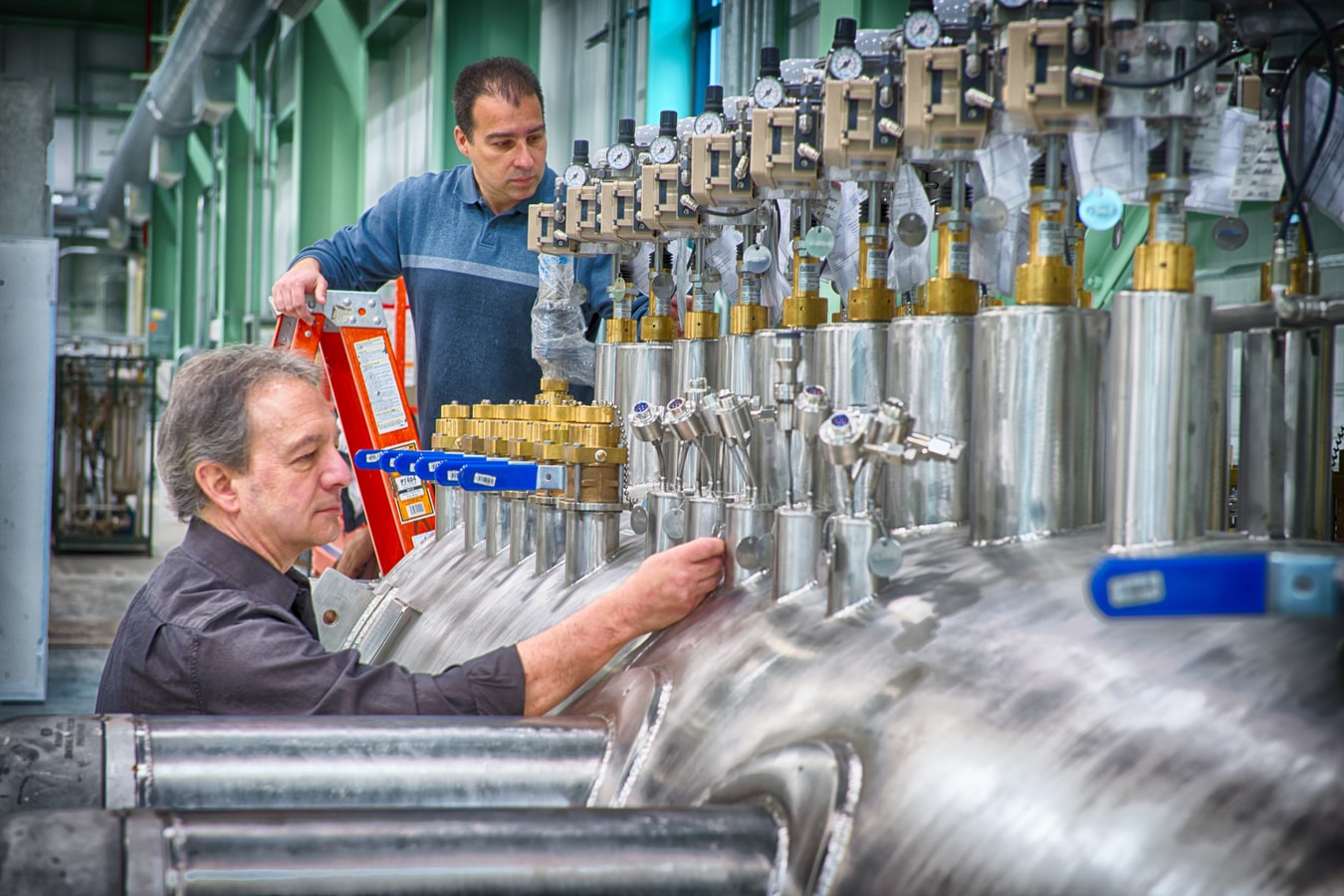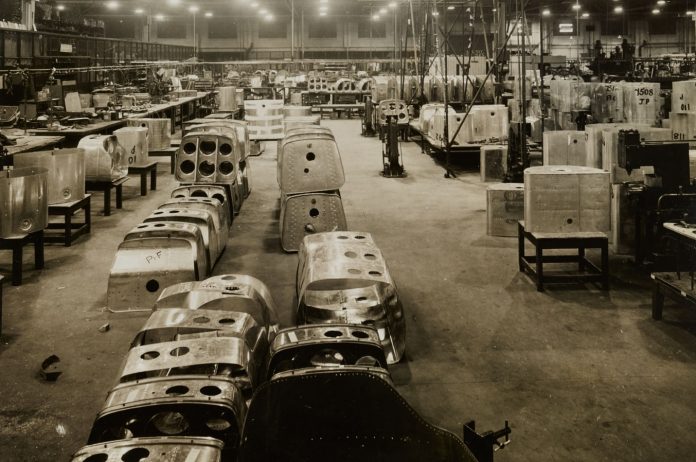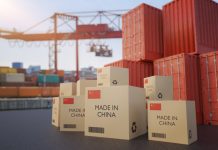Choosing an industrial oven is a large investment that calls for a detailed criterion. From efficiency to reliability, there is much to consider. Manufacturing and configuration of industrial ovens involve coordination from engineering, sales, financial experts, operations teams- all with one goal, to make the right oven for you. These ovens are based on designs that incorporate unique airflow patterns and temperature variations, which are customized in various ways.
We have researched and prepared a guide that will make the process easier for you. This guide has 4 key things to consider when choosing an oven that will offer maximum efficiency for the specific application in the factory.
Keep reading!
Heat Processing Requirements
The fundamental consideration when selecting an industrial oven is defining the factory’s heat requirements and the specific application of the oven. Also, floor space limitation is a vital consideration.
There are 3 steps of heat processing that you need to understand
- Heats up to a specific temperature
- Maintains the temperature at a certain level for some specified amount of time
- Cools to prescribed methods
Additionally, the specific heat processes for the oven should be considered. Below are some of the processes that determine various heat requirements:
- Aging: ovens are used to strengthen alloys.
- Baking: a baking oven will remove moisture as it heats objects at an ideal temperature.
- Curing: These ovens raise the temperature of coated material at a certain temperature to cure coatings and adhesives.
- Food Processing: do you intend to use it for removing moisture from products? Make sure you know the details.
Factory’s Production Requirements
Secondly, you need to consider whether the oven is for batch or continuous processing. And, to answer this, consider:
- Do you need multiple heating or cooling zones?
- Will the oven be an automated feature of the manufacturing?
- What are the required parts per hour?
Batch ovens work in a static position. The product is positioned inside of the chamber or shelves from where it is uniformly and constantly heated.
With conveyor ovens, the operations involve a product moving through it. They utilize this continuous motion by indexing inclined, spiral motion, horizontal and vertical motions. Because of their dynamic nature, they are more expensive than batch ovens. But, industrial conveyor ovens are incredibly reliable and efficient. Here are some reasons why:
Automation: conveyor ovens are easily automated to the production process eliminating the need for human intervention. Automated production leads to more consistent product quality.
Handle large volumes: Batch ovens require time to load, heat, cool, and unload. This can reduce efficiency for large scale production. Conveyor ovens are a viable solution for high production volumes.
Flexibility: Conveyor ovens come with a variable frequency drive that allows you to alter its speed. This is especially useful in changing the time a product spends in the heating or cooling zone.
Application Specifications
The next important consideration is determining whether your factory needs a standardized or custom-engineered oven. When deciding between custom and standard oven, consider;
- Loading parts – if the part does not fit your specification, a custom-engineered oven may be the better option.
- Controls- standardized ovens may not have some additional controls designed to meet specific tasks. Be sure to check.
- Temperature- standard ovens have a predetermined maximum temperature. If your temperature requirements are above the standard version, a custom oven is better as it offers multiple temperatures.
- Airflow – custom ovens are designed for more specific requirements and airflow arrangements.
- Certifications- custom ovens are made to meet your specific requirements while standard ovens are based on the standard design.
- Size and weight of the parts
- Exhaust
The Construction Material of the Oven
Construction materials used in the design of industrial ovens are of utmost importance. The two vital considerations are what metals are used for both the exterior and interior, and what type of insulation materials are used on the floor, walls, and roof.
Metals
The metal material used for the exterior and interior must be corrosion resistant and withstand extreme temperatures. Most manufacturers will use aluminized steel as it is easier to weld and provides excellent protection. Also, aluminized steel is easier to paint.
However, at temperatures above 1000°F and up to 1500°F, the best material is stainless steel.
Insulations

Mineral wool is the most efficient insulation material for processes of up to 1000°F. This material is not only economical but also offers soundproofing insulation. Also, it is easier to install.
For applications above 1000°F, ceramic fiber boards and modules are the preferred insulation materials.
Follow these steps when selecting an industrial oven that will offer the most efficient services and maximize production. An industrial oven is an expensive investment, pay attention to the details.





































